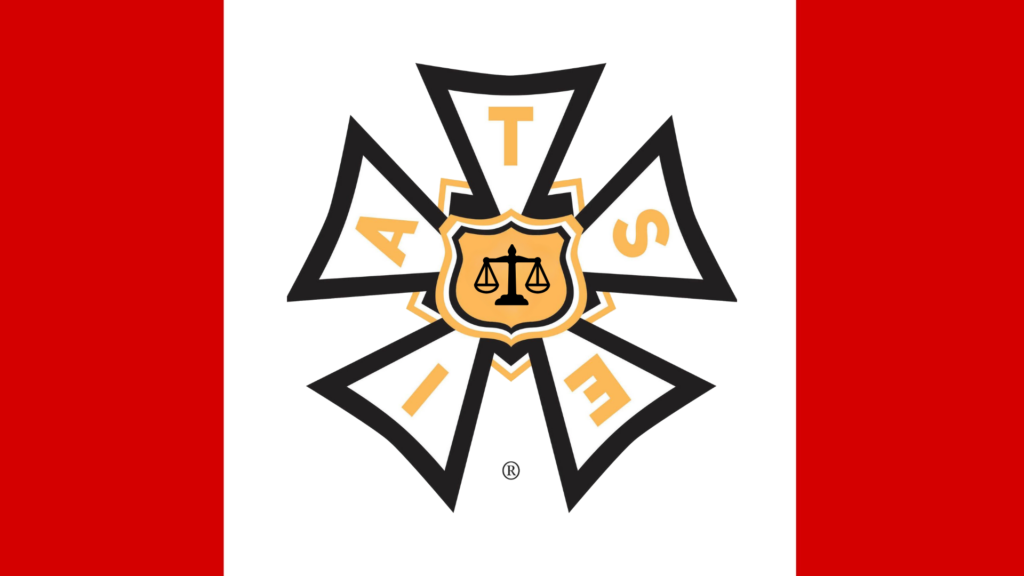- May 25, 2021
- Collective Agreement Interpretation
Background
This award concerns a referral from the Labour Relations Board regarding Arbitrator Ready’s January 5, 2007 Award. The Labour Relations Board ordered that the Arbitrator provide reasons with respect to his jurisdiction to issue a ruling concerning the lay-off provisions.
In February of 2005, Arbitrator Ready was appointed an In Industrial Inquiry Commission (“IIC”) by the Minister of Labour. Prior to that in 2003, Justice Tysoe was appointed to be the IIC of the film industry. In this capacity he issued a report regarding the BC Film Industry (the “Tysoe Report”). The Tysoe report included a recommendation that the seniority dispatch system be replaced with a name request system. Following the Tysoe report the parties met and were able to resolve the issues surrounding the implementation of the recommendations in the Tysoe report except for the recommendation to abolish the seniority dispatch system. This led to the appointment of Arbitrator Ready as IIC. The Parties did not agree to implement those recommendations and as a result the arbitrator was appointed as an IIC pursuant to the Code. The Arbitrator made guidelines for negotiations and stated that the issue of seniority dispatch may be referred back to the arbitrator for binding arbitration. IATSE 891 came to an agreement with the Employer however after the Teamsters failed to come to an agreement. IATSE 891 then sought to retract its offer. The matter was sent to binding arbitration.
In the Seniority Dispatch Award, the arbitrator held that IATSE 891 could not back out of its original deal. Following the release of that Seniority Dispatch Award, the Employer wrote to the arbitrator requesting clarification on three issues including whether the order of layoffs will be made in the same manner as the dispatch. Following receipt of the Employer’s letter, IATSE 891 objected to the Arbitrator making a ruling on the question posed by the Employer asserting that the issue of order of lay-off was not before the arbitrator and therefore, the arbitrator did not have jurisdiction to rule on that issue. The arbitrator made a ruling in favor of the Employer, but did not provide reasons for his determination that he had jurisdiction to deal with that issue. As described above, an Application was made to the Labour Board with respect to the arbitrator’s jurisdiction. The Board ordered that the arbitrator provide reasons for his conclusion that he has jurisdiction to deal with the lay-off issues.
Since the original Award, the Parties have entered into successive collective agreements for the periods of March 29, 2009 to March 31, 2012 and April 1 2012 to March 31, 2015.
Following the Board’s order that Arbitrator Vincent provide reasons for his conclusion with respect to jurisdiction, the Employer made a preliminary argument to the effect that the matter is now moot and need not be determined.
The Decision
The Arbitrator held that he had jurisdiction because as an interest arbitrator his role was to “replicate what conventional bargaining would have produced and secondly, to determine what is fair and reasonable.” Therefore as the issue of lay-offs was an issue which was being bargained between the parties, the Arbitrator held that he had jurisdiction to deal with those issues. Further he noted, that in his initial decision he remained seized with respect to issues of interpretation and implementation. The second decision, was in respect of the interpretation and implementation.
With respect to the issue of mootness, the arbitrator found that the issue was moot as it will have no practical effect on the rights of the parties nor will it serve to resolve an issue moving forward. In so doing, the Arbitrator noted that the language in the collective agreement for which his original decision was rendered has since expired and the parties have ratified a new collective agreement. The Arbitrator notes that while the parties had the opportunity to amend the language/concepts from the initial award in subsequent bargaining, the chose to retain the language. Furthermore, the Arbitrator held that there is no reason that the issue of mootness should not apply to an interest arbitration as asserted by the Unions.








